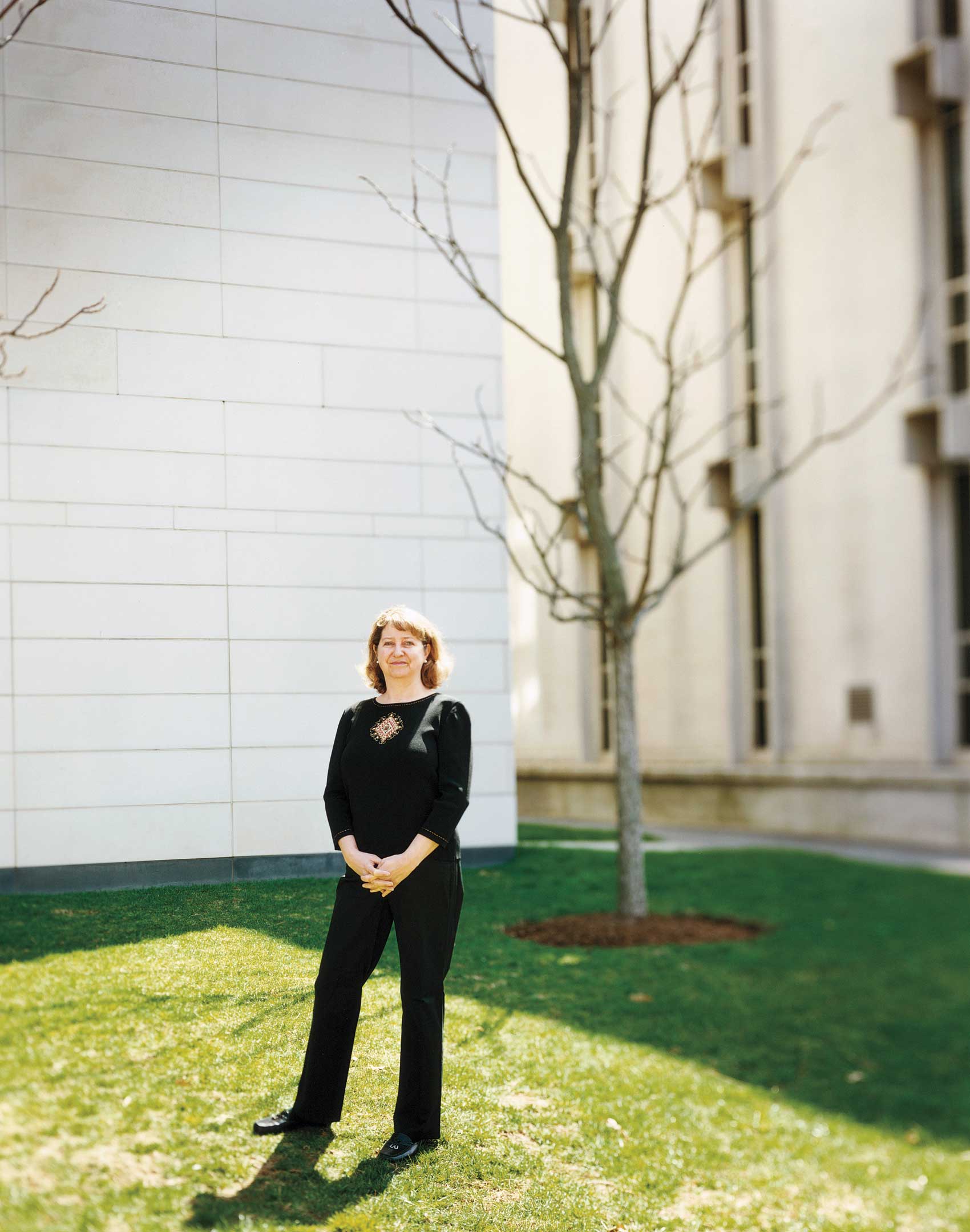Love Canal changed Wendy Jacobs’ life.
In 1979, when newspapers began chronicling the rampant illness and birth defects among residents of the Niagara Falls neighborhood built on 21,000 tons of chemical waste, Jacobs—then a student at Harvard Law School—became apoplectic. “I knew I wanted to force the bad actors to pay for the damage and injuries they caused.”
It was a radical shift for Jacobs, who had come to HLS to study international law. Instead, her career has been in environmental law, starting in the earliest days of toxic tort cases and shaping the laws designed to prohibit and clean up hazardous waste and chemical contamination. Having worked in both the public and private sectors, Jacobs returned to HLS last year to launch the Environmental Law and Policy Clinic.
After graduating from HLS in 1981, Jacobs signed on with the Department of Justice in Washington, D.C., in the Land and Natural Resources Division. The experience was formative—“Boy, did I love it,” she says. “I was fortunate to be able to argue in courtrooms all across the country, something that none of my friends in the private sector did. I was also able to work on policies affecting the implementation of environmental laws throughout the United States.” For this reason, Jacobs now encourages her students to seek out similar opportunities in the public sector.
Jacobs later headed into the private sector, working first for a large law firm in Seattle and later at another in Boston where she was a partner for 18 years. She counseled municipalities, schools and corporate entities about environmental compliance and helped them develop their environmental management and self-audit programs. She advised them about the environmental risks attendant to the purchase and sale of real estate, the acquisition and divestiture of corporate units, and the distribution of products overseas, where some of the environmental laws are more stringent than U.S. law. And she worked extensively with a host of state and local governments in their development of rules and permits affecting her clients.
Now, at HLS, Jacobs is drawing on the full range of her experience to create far-reaching opportunities for students in the Environmental Law and Policy Clinic. While other law schools have created environmental clinics that focus on a single issue, such as clean water or endangered species, Jacobs wants Harvard’s clinic to have a broader focus—from enforcement of existing laws to working on consumer issues to finding innovative ways to help companies reduce their impact on the environment. Her goal is for the clinic to be “nontraditional, multifaceted and creative,” and she is committed to training law students to be attuned to environmental issues, no matter what kind of law they go on to practice.
“Students know what the laws are, but they don’t know how agencies or corporations work,” she says. “My goal is to bridge the gap between academics and real practice. I want my students to learn how to use the law to protect and improve the environment.”
